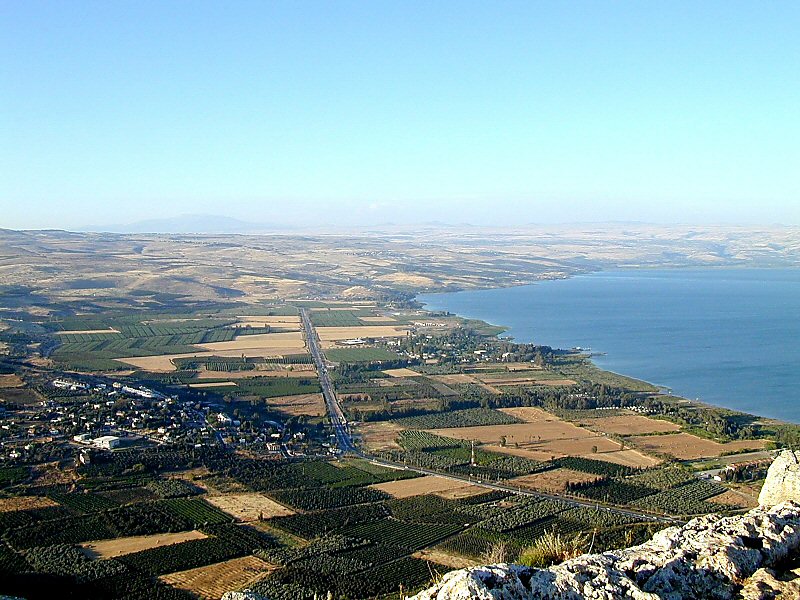Jesus had a personal acquaintance with the life of Galilean fishermen.
Who Questioned Jesus?
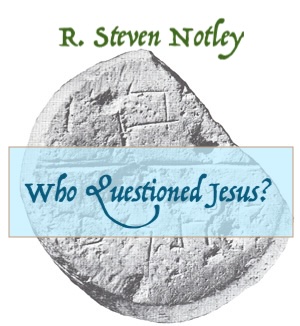
One should not exaggerate the opposition against Jesus in Jerusalem during the fateful Passover that witnessed his crucifixion.
“Son of Man”: Jesus’ Most Important Title

There is a common thread uniting the views of those who think that Jesus signaled Daniel 7 by using the Aramaic bar enash in the middle of Hebrew speech. Anyone who holds this view must assume that Jesus spoke or taught in Hebrew much of the time. That Jesus used Hebrew a significant amount of the time is a sociolinguistic conclusion that has a growing number of supporters in New Testament scholarship, but one that is still a minority opinion.
Your Money or Your Life

Perhaps the most impressive thing about Jesus’ reply to the question about paying taxes to Caesar is that Jesus disarms his opponents and at the same time places a total demand on them.
The Kingdom of God: God’s Power Among Believers
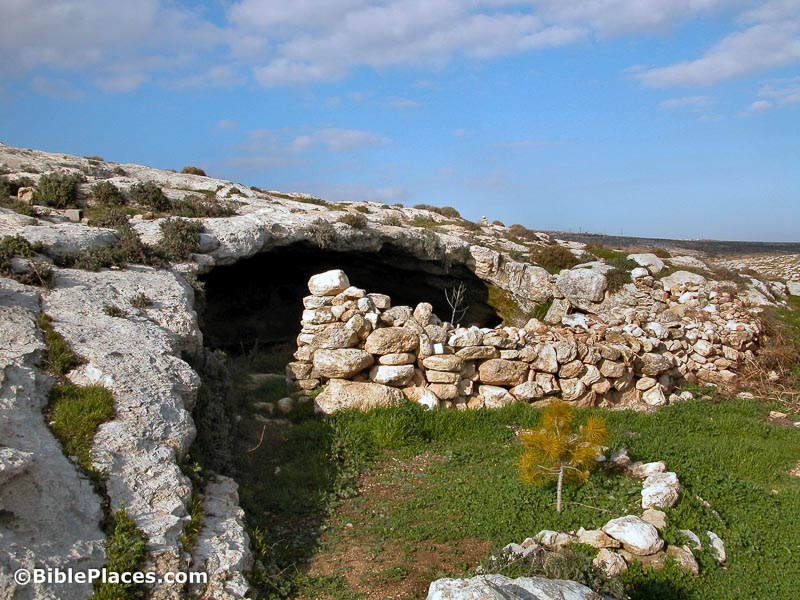
One of the greatest theological controversies in the last century concerns the meaning of the terms “Kingdom of God” and “Kingdom of heaven.” Because scholars have not given adequate attention to the fact that these are completely Hebraic terms, confusion has arisen concerning the period of time to which the Kingdom refers, who takes part in it and the exact nature of the Kingdom. Examining relevant Gospel passages in their Hebraic context will clarify what Jesus meant when he spoke of the “Kingdom of God” or the “Kingdom of heaven.”
The Centurion and the Synagogue
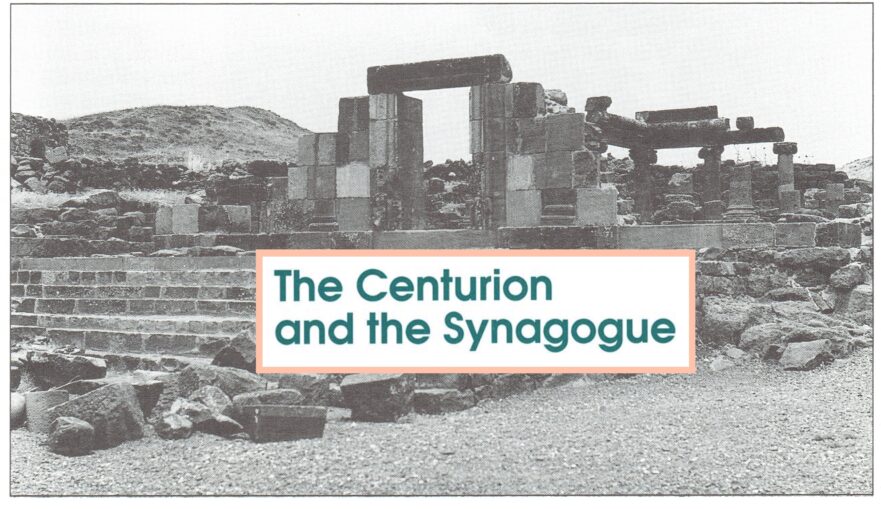
A Roman centurion’s concern for his slave focuses our attention on the presence of non-Jews in the land of Israel in the first century. A modern Jewish authority on the history of the period provides the story’s background.
“Let Down Your Nets”

In this article Sea of Galilee fishing expert, Mendel Nun, discusses the different types of fishing nets that were used in the first century by fishermen. Nun’s knowledge of ancient fishing techniques illuminates the stories of Jesus and his followers, many of whom were fishermen.
Synagogue and Sabbath
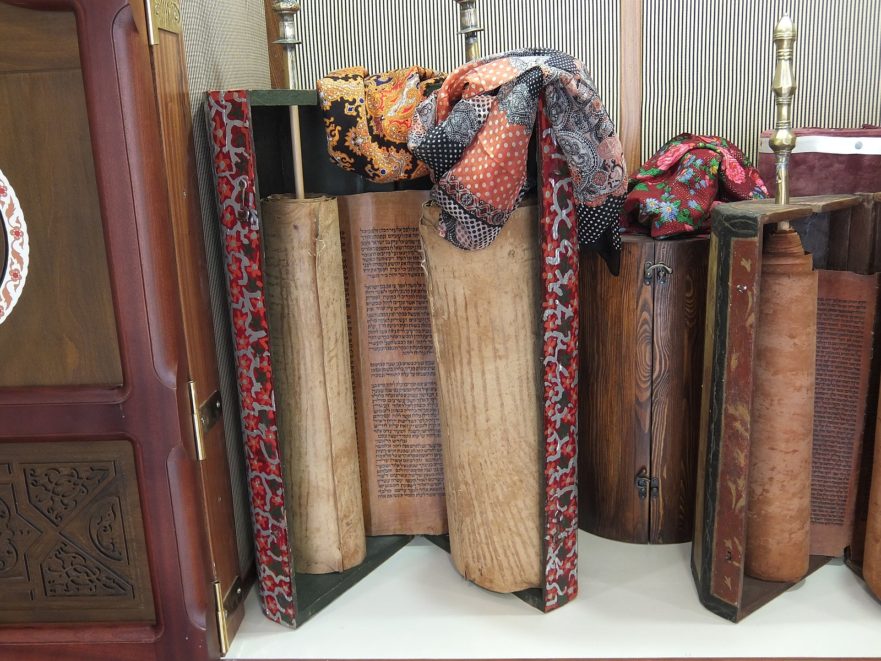
The detailed description of Jesus’ visit to the Nazareth synagogue found in Luke 4:16-21 provides substantial information about synagogue life and customs in the early first century C.E. An examination of this passage will help us understand Jesus more clearly and accurately. This account in Luke’s Gospel agrees with other contemporary and especially rabbinic sources. Together they provide a complete picture of the synagogue in that period.
The Sons of His Will

Christmas brings many carols and cards containing the words from Luke 2:14, “Goodwill to men” and “Peace to men of goodwill.” The angels praised God with words that in English may sound like a politician wishing us to “Have a nice day.” Most of us sense that these words reflect something deeper, but why did the angels use such seemingly innocuous words?
A Life on the Kinneret

Born into a Zionist family in Latvia, Nun began to learn Hebrew at five, and decided to immigrate to Palestine as a teenager.
Hebrew Nuggets: Transliteration System

JP uses a system which hopefully elicits from English readers a pronunciation that comes close to the Hebrew.
“Binding” and “Loosing” in the Kingdom of Heaven

Jewish sages were called upon constantly by their community to interpret scriptural commands. They “bound,” or prohibited, certain activities, and “loosed,” or allowed, others.
The Kingdom of Heaven Is Like a Seine

The seine was used in the Sea of Galilee until the 1950s, and my experiences in the early days of modern Jewish fishing on the Sea of Galilee have given me some practical insight into its use.
The Sea of Galilee

According to the Gospels, Jesus’ earthly ministry centered around the Sea of Galilee. While important events occurred in Jerusalem, the Lord spent most of the three years of his ministry along the shore of this freshwater lake.
Hebrew Nuggets, Lesson 22: Israel (Part 4)

Final part of a four-part series on the Hebrew word Israel.
Sidebar: Synagogue Guest House for First-century Pilgrims
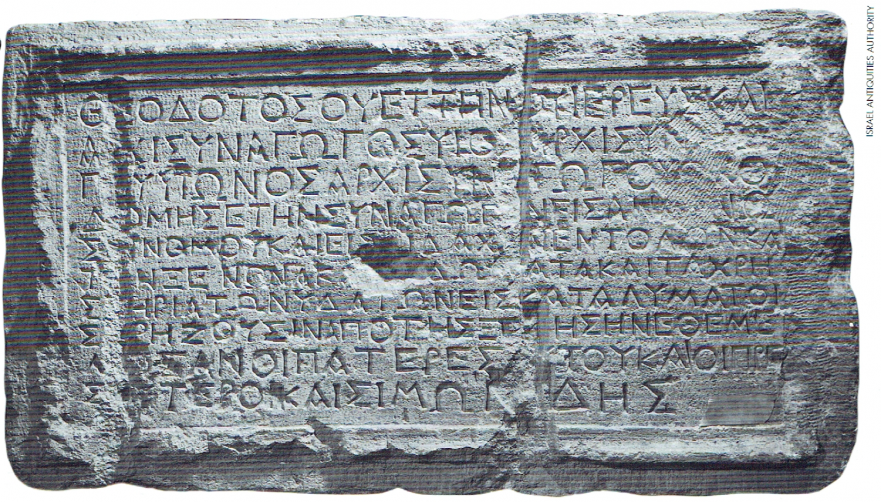
This Greek inscription provides evidence of the accommodations that were provided in Jerusalem for pilgrims.


